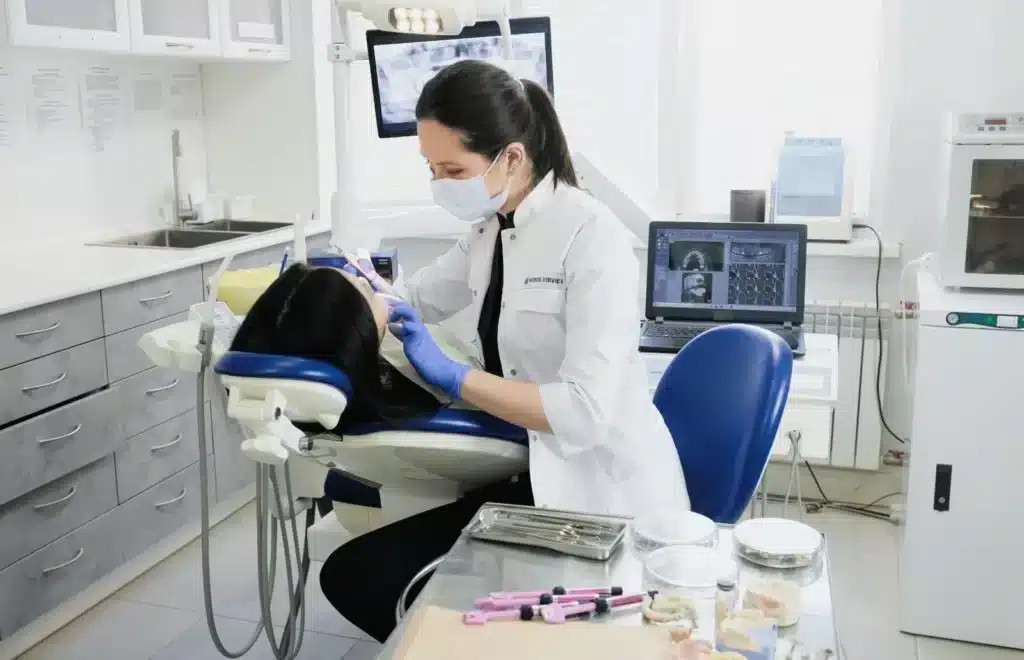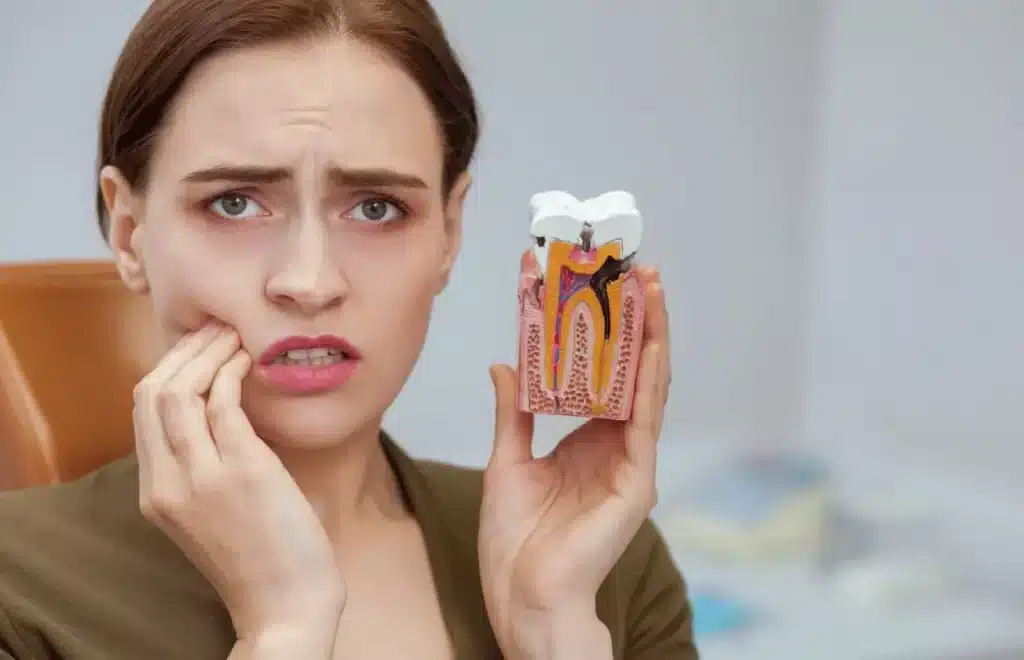Being prepared for the unexpected is essential. This article explains emergency dental care, offering insights on quick actions and the importance of seeking professional assistance in critical moments. Your quick response can make a world of difference.
Common Dental Emergencies and First Aid
Emergencies can strike unexpectedly, but being prepared can make all the difference in safeguarding your dental health. This section will explore common dental emergencies and the immediate first-aid steps you can take in emergency dental care.
Toothache and Pain Management
Experiencing a toothache can be excruciating. Begin by rinsing your mouth with lukewarm water to clean the area. Gently use dental floss to remove any debris that might be irritating. Applying a cold compress on the outside of the cheek for about 15 minutes can help alleviate pain and reduce swelling. Consider over-the-counter pain relievers if needed, but ensure they are appropriate for your situation and follow the recommended dosage.
Chipped or Broken Tooth
A chipped or broken tooth can cause discomfort and vulnerability. Safeguard any tooth fragments you find, as they might be attachable. Rinse your mouth with warm water and place a piece of sugarless gum or dental wax over any sharp edges to prevent irritation to your cheeks and tongue.
Knocked-Out Tooth (Avulsed Tooth)
A knocked-out tooth requires swift action to save it. Hold the tooth by the crown (top part), gently rinse it with water to remove dirt without scrubbing, and try to reinsert it into the socket, if possible. If reinsertion isn’t feasible, place the tooth in a milk container or a tooth preservation solution available at most drugstores. Contact a dentist immediately.
Handling Special Cases
Lost Filling or Crown
A lost dental filling or crown can expose sensitive areas and lead to discomfort. Temporary solutions include using dental cement available at drugstores, sugarless gum, or cotton soaked in clove oil. However, avoid household glues as they can damage and restore the tooth.
Object Stuck Between Teeth
If something gets stuck between your teeth, don’t use sharp or pointed objects that can damage your gums. Instead, gently use dental floss or an interdental brush to dislodge the object and ensure your gums remain unharmed.
Abscess or Swelling
Oral abscesses and facial swelling indicate a severe problem that requires immediate attention. Rinse your mouth with warm saltwater to ease discomfort, and apply a cold compress outside your cheek to reduce swelling. It’s crucial to seek dental care promptly.
Seeking Professional Help
In critical cases where emergency dental care tips are not enough, you should seek professional help.
When to Call the Dentist
Certain situations demand professional attention. Persistent pain, trauma resulting in bleeding or infection, and cases involving broken restorations or lost teeth necessitate calling your dentist without delay.

Preparing for the Dental Visit
Before you head to the dentist, gather important information such as your medical history, insurance details, and any medications you take. If you managed to preserve a knocked-out tooth, bring it to the appointment for evaluation.
Conclusion
Handling dental emergencies calmly and informally can minimize damage and discomfort. The first-aid tips in emergency dental care can reduce your pain. Remember that seeking professional dental care is crucial for the best emergency outcomes.


